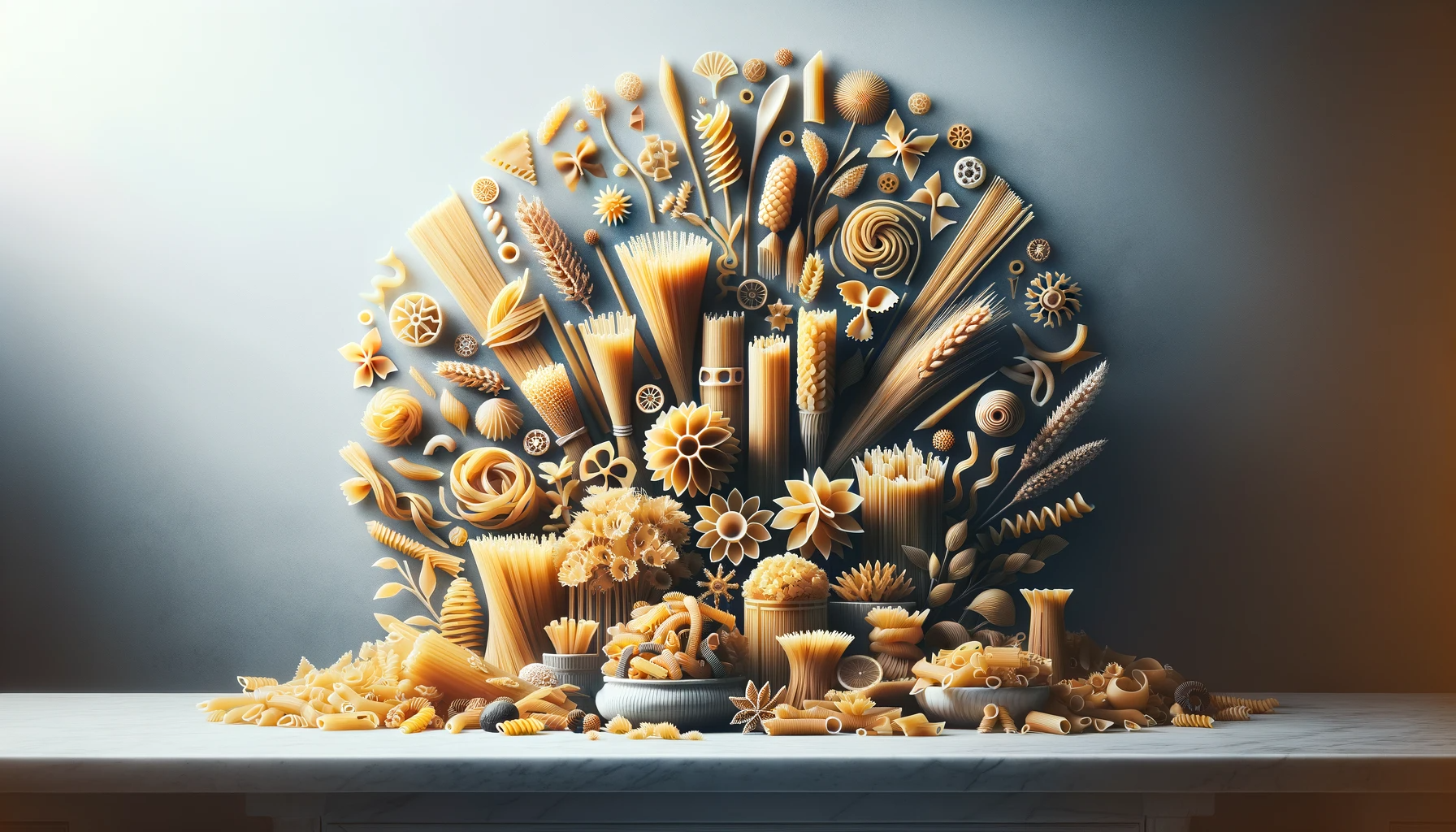In the world of culinary delights, pasta reigns supreme as a beloved and versatile dish. Whether you prefer it al dente or cooked to perfection, the quality of pasta often hinges on various factors, with one of the most crucial being the water used during preparation. In this article, we’ll explore the fascinating relationship between water quality and pasta ingredients, delving into the science, techniques, and tips for optimizing your pasta-making experience.
The Role of Water in Pasta Making Water is an elemental component of pasta dough, typically comprising around 25-30% of the total mixture. It plays a multifaceted role in pasta preparation, influencing various aspects such as texture, flavor, and cooking time.
1. Texture and Consistency
- Quality water promotes gluten formation: High-quality water with a balanced mineral composition, particularly calcium and magnesium, aids in the development of gluten. Gluten is the protein responsible for the pasta’s elasticity and structure. Without sufficient gluten, pasta may turn out overly soft or disintegrate during cooking.
- Avoid hard water: Hard water, which contains excessive minerals like calcium and magnesium, can result in tougher pasta. The excessive minerals can interfere with gluten formation and negatively impact the dough’s texture.
2. Flavor Enhancement
- Pure water enhances taste: Water’s role in pasta goes beyond texture; it also contributes to flavor. High-quality, clean water can accentuate the taste of pasta ingredients like flour and eggs, allowing their natural flavors to shine through. On the other hand, water impurities may introduce unwanted flavors to the dish.
3. Cooking Time and Absorption
- Soft water shortens cooking time: Soft water, which contains fewer minerals, allows pasta to cook more quickly. This can be advantageous when you’re looking to prepare a fast meal. However, it’s important to monitor cooking times closely to avoid overcooking.
- Hard water may affect absorption: Hard water can cause pasta to absorb more water during cooking, potentially leading to a mushy or clumpy texture. Being mindful of water quality can help you control pasta absorption and achieve the desired consistency.
Optimizing Water Quality for Pasta Preparation Now that we understand the impact of water quality on pasta ingredients, let’s explore some practical steps to optimize your pasta-making experience.
1. Choose the Right Water Source
- Consider using filtered or distilled water: Using filtered or distilled water can help ensure that your pasta dough is free from impurities and excessive minerals that may negatively affect its quality.
- Experiment with mineral levels: Depending on your pasta recipe and personal preference, you can experiment with different water sources to find the perfect balance of minerals for your desired texture and flavor.
2. Maintain Water Temperature
- Keep water cold for egg-based pasta: If you’re making egg-based pasta, it’s crucial to use cold water to prevent the eggs from cooking prematurely and maintain the dough’s desired consistency.
- Warm water for dried pasta: When making dried pasta, using warm water can help speed up the pasta-making process, as it encourages gluten formation and hydration.
3. Adjust Flour and Liquid Ratios
- Fine-tune your recipe: Depending on your water source, you may need to adjust the amount of liquid in your pasta recipe. Start with the recommended measurements, and then add more liquid if the dough appears too dry or less if it seems too wet.
4. Experiment and Learn
- Embrace the art of pasta making: Crafting the perfect pasta is as much an art as it is a science. Don’t be afraid to experiment with different water qualities, flour types, and pasta shapes to discover your own signature pasta recipe.
In conclusion, water quality is an often-overlooked but essential factor in the world of pasta making. Understanding its influence on pasta ingredients, texture, flavor, and cooking time can help you elevate your pasta dishes to new culinary heights. By carefully selecting your water source and experimenting with different variables, you can master the art of pasta making and delight your taste buds with exceptional homemade creations. Remember, the quest for the perfect pasta is a journey filled with delicious discoveries.
